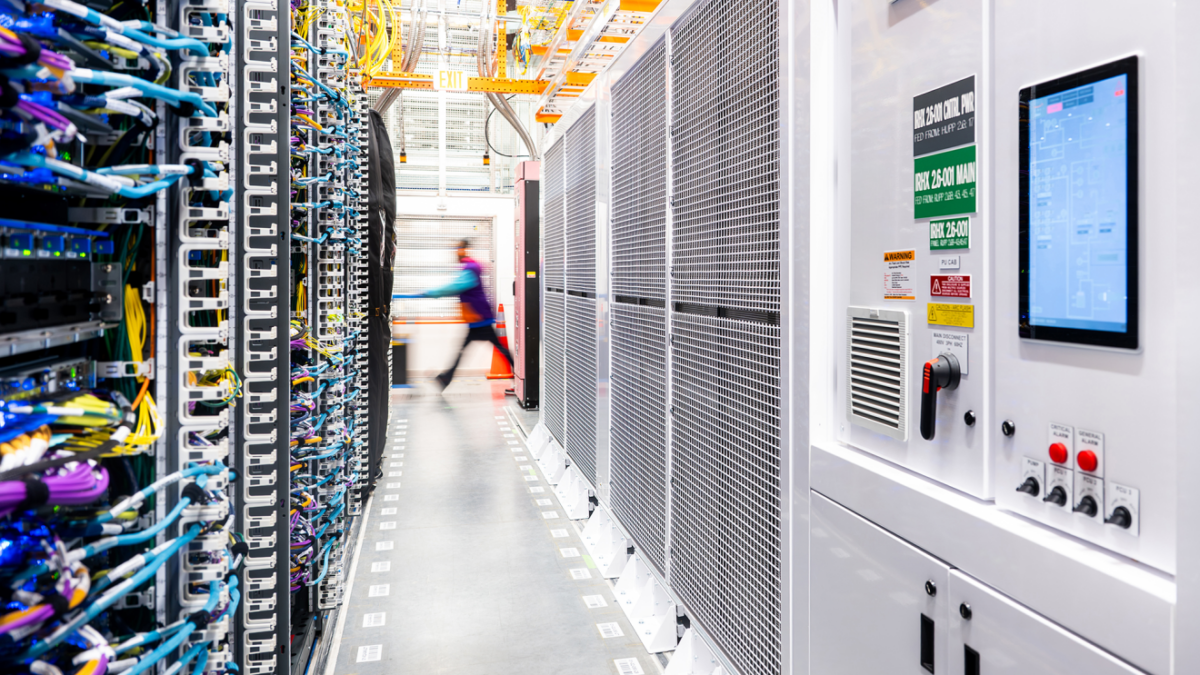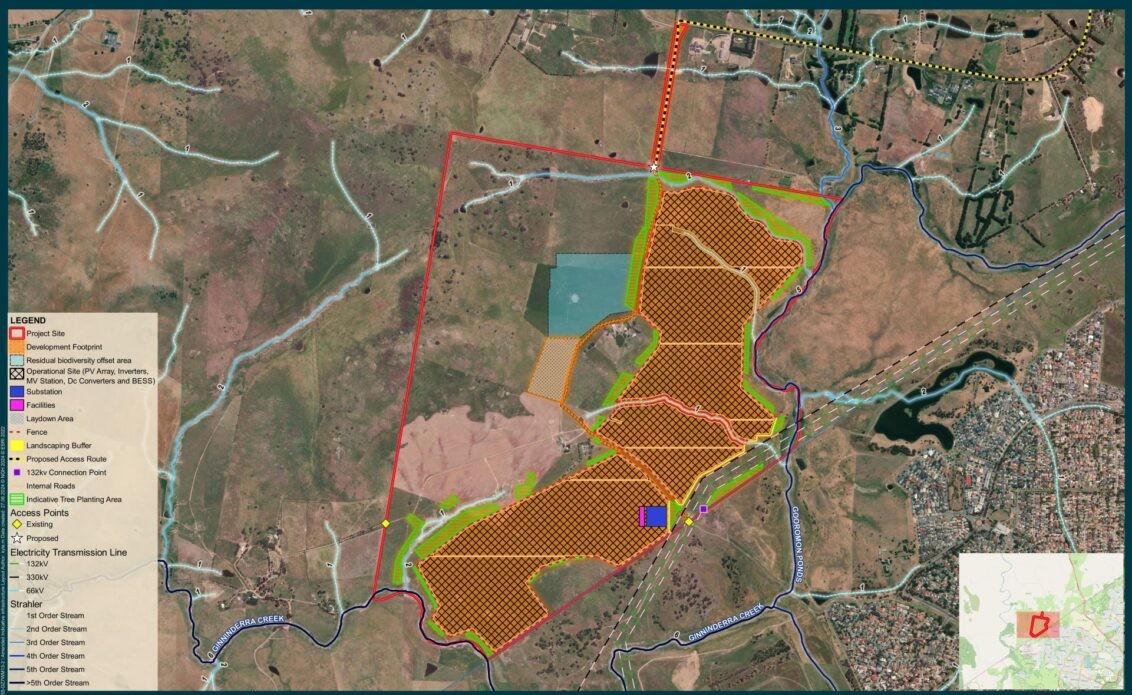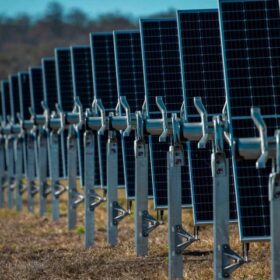Danish renewables developer European Energy has signed power purchase agreements (PPAs) with the Australian arm of United States-based global technology provider Amazon to deliver a combined capacity of more than 170 MW from three large-scale solar farms.
Amazon has pledged to invest $20 billion (USD 12.97 billion) over the next five years to expand its Australian cloud computing business by 2029, an almost $7 billion increase on the $13.2 billion investment the company announced earlier this year.
The money will also underwrite two new solar farms in Victoria and one in Queensland to help generate the huge amounts of energy required to feed the power-hungry data centres in Melbourne and Sydney.
European Energy said it has signed PPAs to provide Amazon with a combined capacity of more than 170 MW across the three solar projects.
The agreements cover the operational 58 MW Mokoan Solar Farm near Winton in northern Victoria and the Winton North and Bullyard PV projects, both of which are currently in the pre-construction phase.
European Energy said procurement is underway at the 100 MW Winton North solar park being developed near Glenrowan in northeast Victoria and the 100 MW Bullyard solar farm, located near Bundaberg on the central Queensland coast.
Catriona McLeod, Country Manager for Australia at European Energy, said the PPAs are part of the company’s broader approach to partner with organisations that are committed to the energy transition.
“We’re proud to support Amazon’s renewable energy goals while contributing clean energy to the Australian grid through these projects,” she said.
Amazon said the offtake agreements align with the company’s commitment to match 100% of its electricity consumption with renewable energy across its global operations, including Australian data centres, as part of its plans to achieve net zero by 2040.
“From 2020 to 2022, Amazon invested an estimated $467 million in renewable energy projects in Australia,” the company said in a statement. “In 2024, Amazon was the third-largest corporate purchaser of renewable energy in Australia.”
Data centres have emerged as one of the largest consumers of power in Australia. According to Morgan Stanley analysts, data centres are currently using 5% of the electricity on Australia’s main grid and that is expected to grow to 8% by 2030. Other forecasts suggest they could represent up to 15% of demand on the National Electricity Market (NEM) by then.
Amazon said it has already invested in eight solar and wind projects across New South Wales (NSW), Queensland, and Victoria, that are helping power its Australian operations. Once all European Energy solar farms are operational, it is estimated the 11 renewable energy projects will generate more than 1.4 million MWh of renewable energy annually.
European Energy Deputy Chief Executive Officer Jens-Peter Zink said the Amazon deal helps cement Australia as one of the company’s key markets.
“Our Australian operations are just ramping up, and we are delighted to be able to already now deliver this scale of renewable energy to our partners there,” he said.
The company currently has more than 5 GW under active development in Australia and a further 3 GW in screening. Among the projects it is progressing are the 1.1 GW Upper Calliope, 1 GW Sawpit, 484 MW Ticoba, and 500 MW Leichardt solar farms in Queensland. Other projects on its books include the 106 MW Lancaster Solar Farm in Victoria and the 31 MW Mulwala Solar Farm in New South Wales. Both of these projects are due to start construction this year.
This content is protected by copyright and may not be reused. If you want to cooperate with us and would like to reuse some of our content, please contact: editors@pv-magazine.com.









By submitting this form you agree to pv magazine using your data for the purposes of publishing your comment.
Your personal data will only be disclosed or otherwise transmitted to third parties for the purposes of spam filtering or if this is necessary for technical maintenance of the website. Any other transfer to third parties will not take place unless this is justified on the basis of applicable data protection regulations or if pv magazine is legally obliged to do so.
You may revoke this consent at any time with effect for the future, in which case your personal data will be deleted immediately. Otherwise, your data will be deleted if pv magazine has processed your request or the purpose of data storage is fulfilled.
Further information on data privacy can be found in our Data Protection Policy.